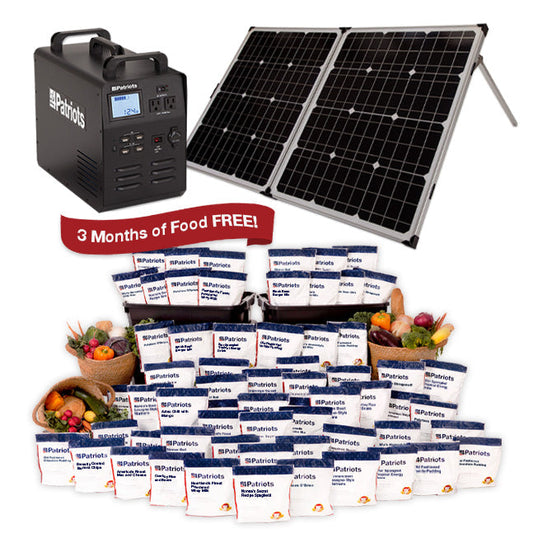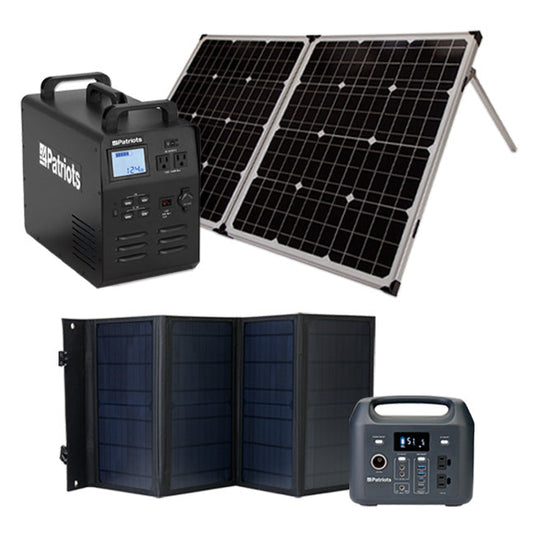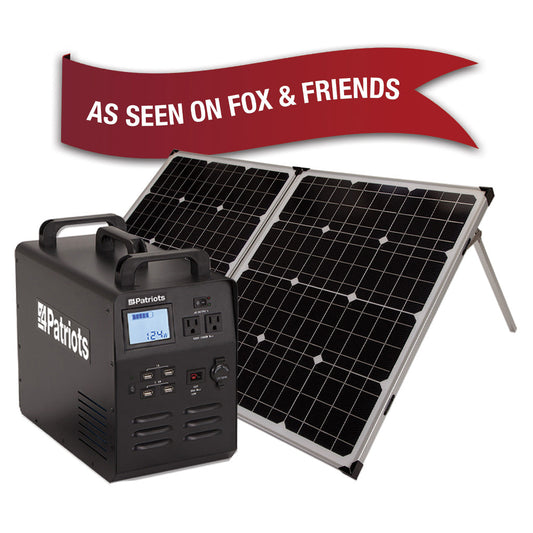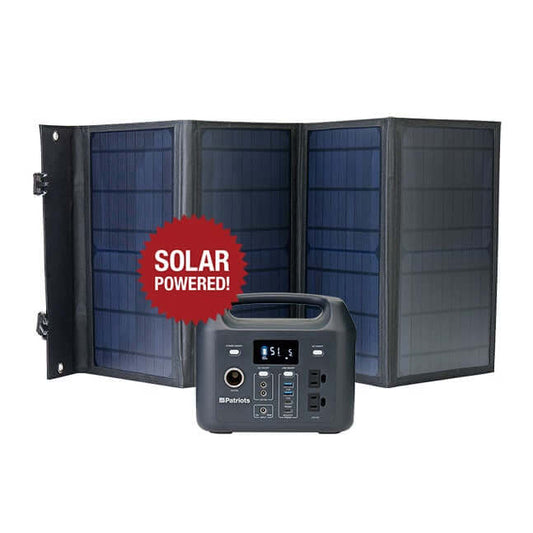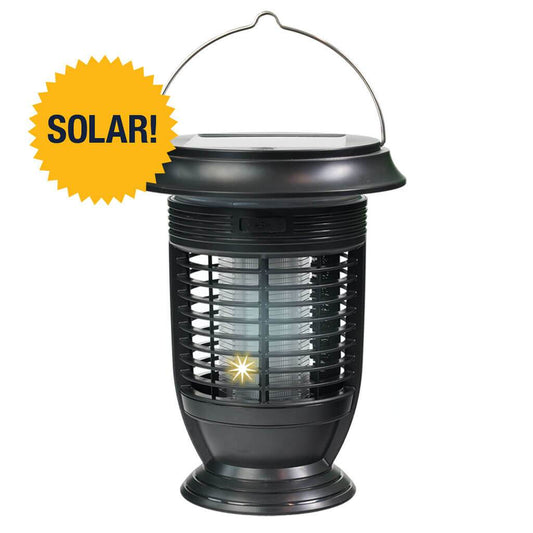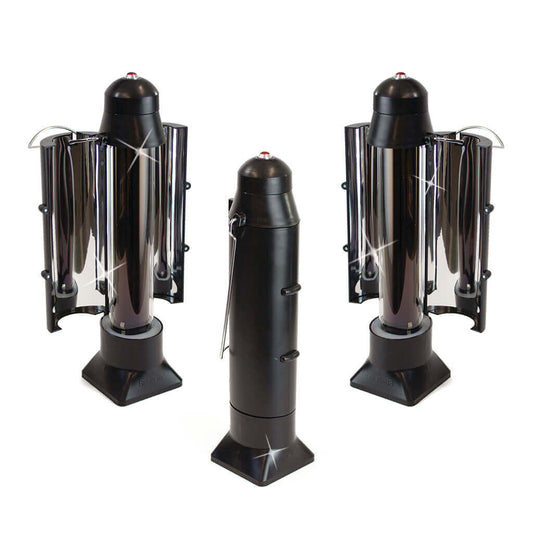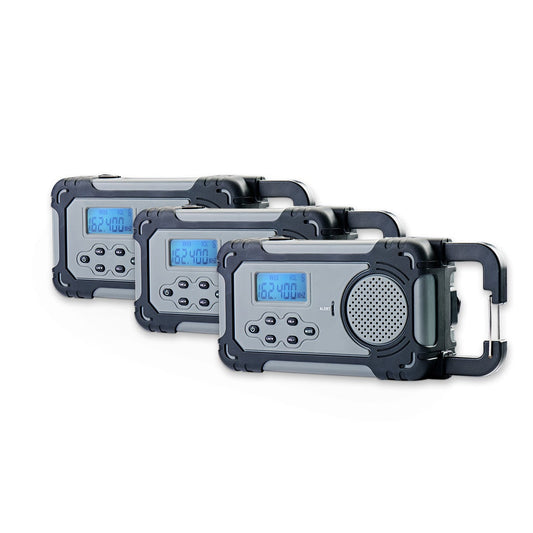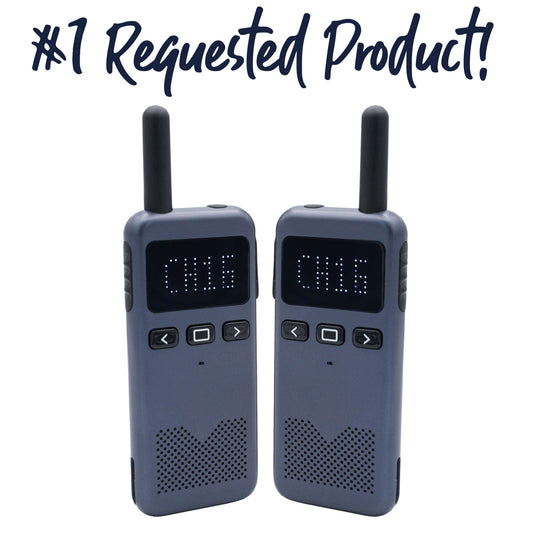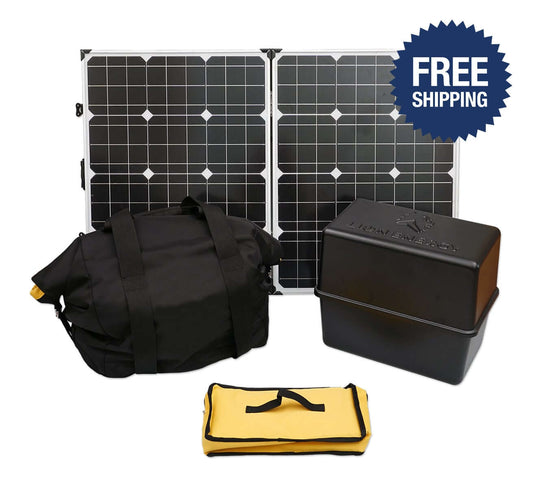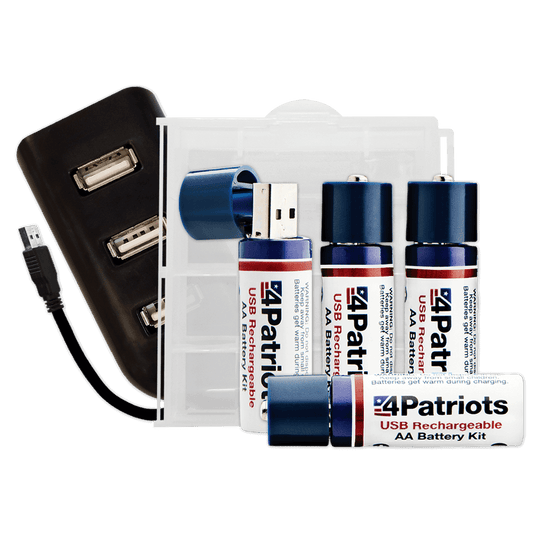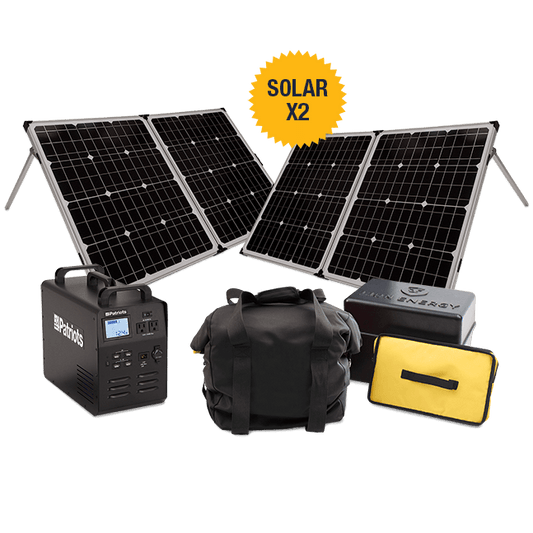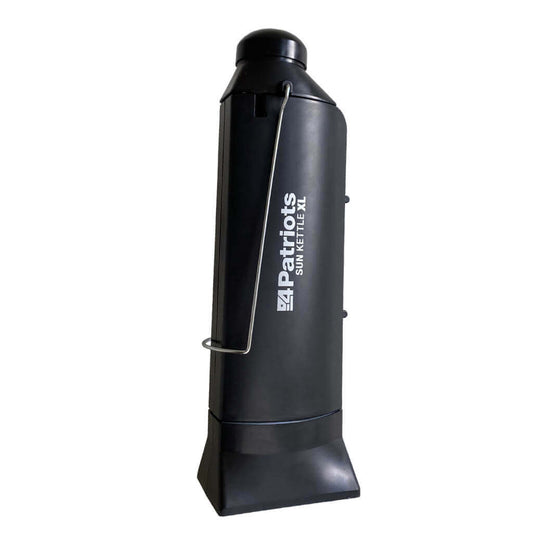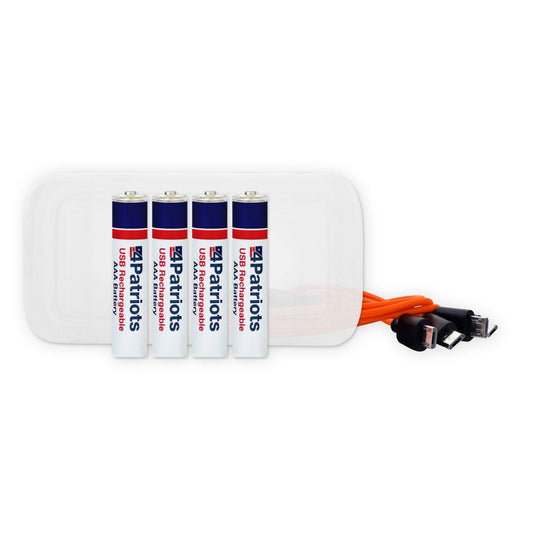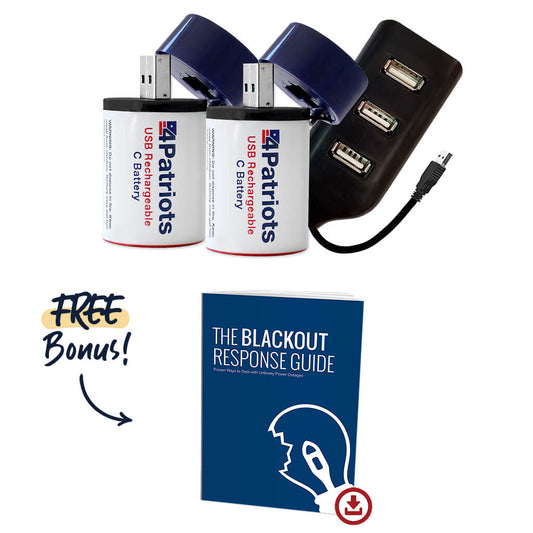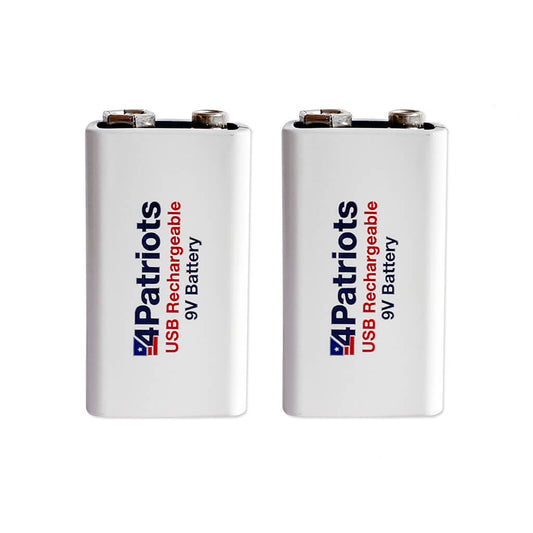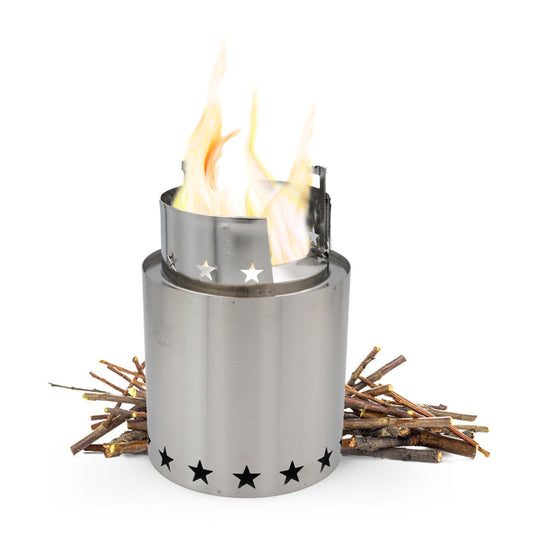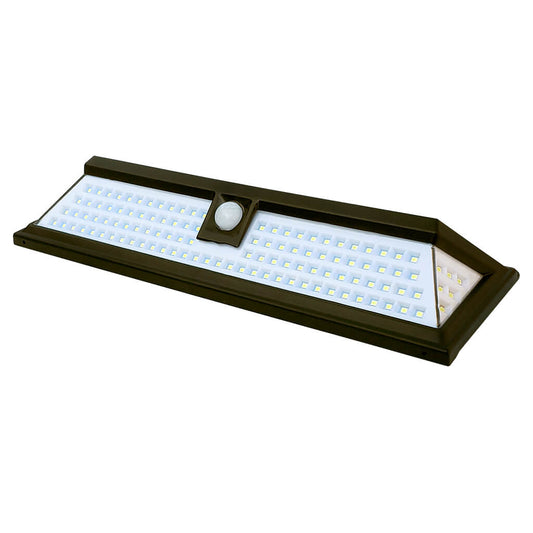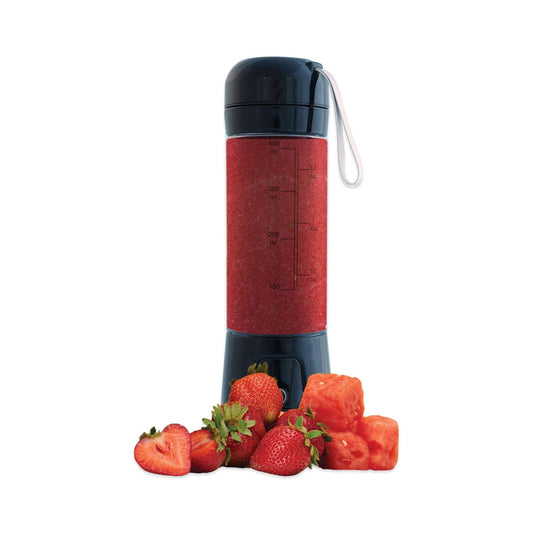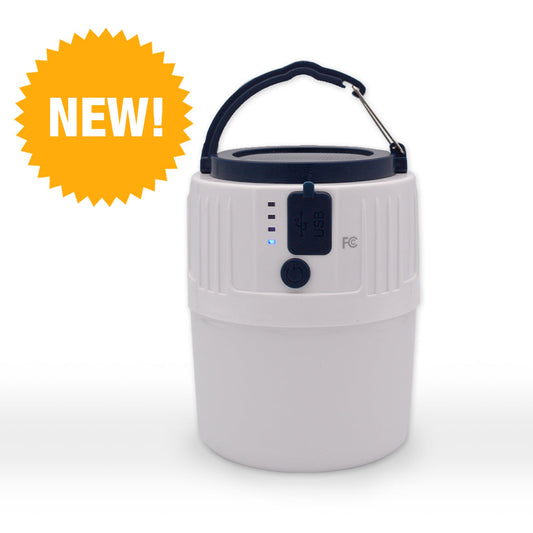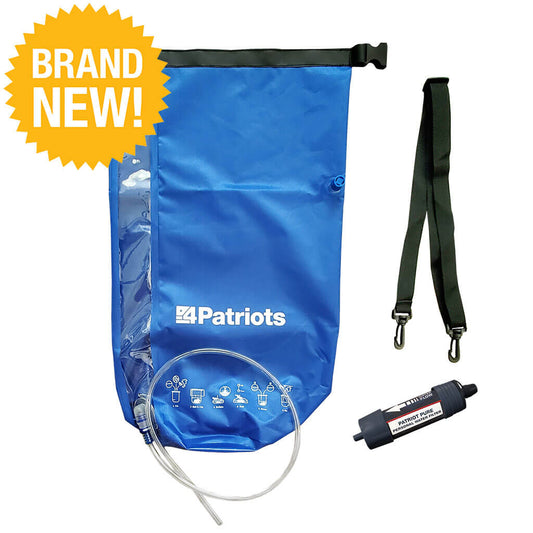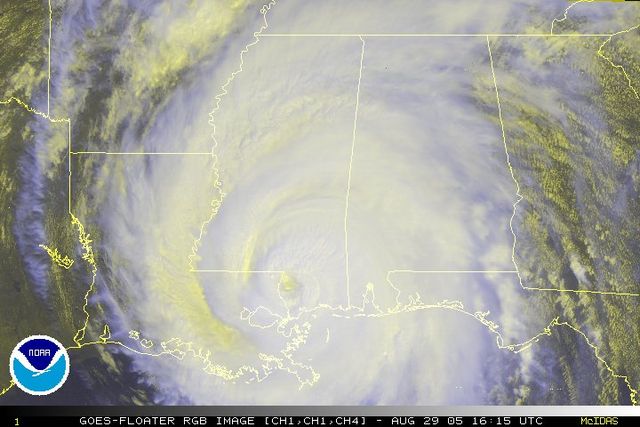
2020 Could Be Another Brutal Season As We Enter Hurricane Preparedness Week

As if we don't have enough problems with COVID-19 plaguing America, here comes hurricane season.
Now, even if you don't live in an area that experiences hurricanes, stay with me here.
Other extreme weather events can cause the same types of hardships hurricanes can. Such as tornadoes and flooding. And even wildfires.
But for those of you who do live in places where hurricanes can strike, you know how devastating they can be.
Designated Week Is May 3-9
Today marks the beginning of National Hurricane Preparedness Week. It was previously known as National Hurricane Awareness Week.
But being aware that something might dramatically affect your life is one thing. Being prepared for it is much better.
Those of you who prepared for last year's hurricane season probably had an easier time dealing with it than those who didn't.
That's because 2019 was a rough hurricane season. No one knows whether 2020 will prove to be the same or worse. But the way this year has gone so far, nothing would surprise us.
4 Above-Normal Seasons in a Row
The 2019 Atlantic hurricane season was very active. Especially from mid-August through October.
There were 18 named storms. Including six "major" storms. Which means Category 3, 4 or 5.
Tropical cyclones can do plenty of damage as well. We saw five of them form in the Gulf of Mexico last year. Including Barry. That tied a record.
2019 marked the fourth consecutive "above-normal" hurricane season.
Category 5 Dorian Was Devastating
The most notable hurricanes of 2019 were Dorian, Humberto and Lorenzo.
Dorian tied a record with three other storms for the second strongest hurricane on record in the Atlantic basin. Wind speeds reached 185 mph.
Those other three hurricanes were the Labor Day Hurricane of 1935, Hurricane Gilbert in 1988 and Hurricane Wilma in 2005.
Dorian was a Category 5 hurricane that caused catastrophic damage in the Bahamas. And it didn't stop wreaking havoc until after climbing to Canada.
Carolinas Took the Brunt
Along the way, Dorian struck the southeastern U.S. with heavy rain and storm surge. Plus damaging winds and tornadoes.
Florida was spared the worst of it. But it still experienced strong wind gusts, heavy rain and beach erosion.
The South and North Carolina coasts were not so lucky. They got storm-surge flooding, tornadoes, fallen trees and wires, and washed-out roads.
Dorian's only actual landfall in the U.S. occurred at Cape Hatteras in North Carolina. The water level reached over six feet at nearby Ocracoke.
2020 Consensus Is Troubling
As I mentioned, nobody knows what the 2020 hurricane season will bring. But the odds of a busy season have strengthened. Factor in the current global pandemic, and the results could be devastating.
At least 10 organizations are forecasting another above-average hurricane season. They've looked at warm ocean temperatures and other global climate patterns.
Phil Klotzbach is a research scientist for Colorado State University's Tropical Meteorology Project.
He said, "Right now every group is calling for an above-normal season. There's a spread in how (much) above normal, but every group is going above average."
Home Preparation
People usually have several days' advance notice when a hurricane is approaching.
By then, you should have a 72-hour survival kit and your bug-out bag ready to go, and know your evacuation routes.
You should also be ready to start executing at a moment's notice when you hear a hurricane is heading your way by preparing your home. This involves:
- Boarding up windows with plywood or installing storm shutters
- Securing your roof and siding to your house frame with straps
- Reinforcing garage doors, trimming long tree branches and bringing outdoor furniture into your house
- Familiarizing yourself and your family with utility shut-off switches and valves in your house in case you need to evacuate
Be Ready to Bug Out Just in Case
Even if you're planning to hunker down during a hurricane, the intensity of the storm may change your plans. You need to prepare to bug out if necessary.
Other activities you should engage in prior to a hurricane approaching your area are:
- Familiarize yourself with emergency routes and shelters. Print out routes and keep them in your vehicle.
- Find community shelters in your neighborhood. In case you need to use one.
- Make sure your car has a full gas tank. And that important items such as a first-aid kit are in your car.
Be Prepared for Your Power to Go Out
But assuming there is no mandatory evacuation and you decide to ride the storm out instead, make sure you continue to monitor emergency radio and mainstream media reports.
And know that there's a very good chance your power will go out. It could be for only a couple of days. Or you could be without electricity for weeks.
An obvious choice to help with power outages is to have a generator on hand.
But if that generator runs on gas, there could be a bigger problem than not having power.
That's why we recommend using a solar generator instead.
You can use it to run kitchen appliances. Charge your personal or medical devices. Or light up a room with an LED light string... for weeks at a time.
There is no worry about running it inside your house because it does not produce fumes like a gas generator.
And it recharges using only the power of the sun, so you don't have to worry about gas shortages either.
Featured Products
- Regular price
- From $799
- Regular price
-
- Sale price
- From $799
- Unit price
- per
- Regular price
- $249
- Regular price
-
- Sale price
- $249
- Unit price
- per
- Regular price
- $2,497
- Regular price
-
$3,194 - Sale price
- $2,497
- Unit price
- per
- Regular price
- $2,499
- Regular price
-
$2,994 - Sale price
- $2,499
- Unit price
- per
- Regular price
- From $29.95
- Regular price
-
$119.80 - Sale price
- From $29.95
- Unit price
- per
- Regular price
- $2,499
- Regular price
-
- Sale price
- $2,499
- Unit price
- per
- Regular price
- $499
- Regular price
-
- Sale price
- $499
- Unit price
- per
- Regular price
- $29
- Regular price
-
- Sale price
- $29
- Unit price
- per
- Regular price
- $2,796
- Regular price
-
- Sale price
- $2,796
- Unit price
- per
- Regular price
- $29.95
- Regular price
-
- Sale price
- $29.95
- Unit price
- per
- Regular price
- $97
- Regular price
-
- Sale price
- $97
- Unit price
- per
- Regular price
- $4,999
- Regular price
-
- Sale price
- $4,999
- Unit price
- per
- Regular price
- $49.95
- Regular price
-
- Sale price
- $49.95
- Unit price
- per
- Regular price
- From $69
- Regular price
-
- Sale price
- From $69
- Unit price
- per
- Regular price
- $201
- Regular price
-
- Sale price
- $201
- Unit price
- per
- Regular price
- From $90.97
- Regular price
-
$129.95 - Sale price
- From $90.97
- Unit price
- per
- Regular price
- $999
- Regular price
-
- Sale price
- $999
- Unit price
- per
- Regular price
- $29.95
- Regular price
-
- Sale price
- $29.95
- Unit price
- per
- Regular price
- From $29.50
- Regular price
-
$30.99 - Sale price
- From $29.50
- Unit price
- per
- Regular price
- $129
- Regular price
-
- Sale price
- $129
- Unit price
- per
- Regular price
- From $27
- Regular price
-
$399.80 - Sale price
- From $27
- Unit price
- per
- Regular price
- $3,494
- Regular price
-
- Sale price
- $3,494
- Unit price
- per
- Regular price
- From $199
- Regular price
-
$205.50 - Sale price
- From $199
- Unit price
- per
- Regular price
- $99.95
- Regular price
-
- Sale price
- $99.95
- Unit price
- per
- Regular price
- $29.95
- Regular price
-
- Sale price
- $29.95
- Unit price
- per
- Regular price
- $8.99
- Regular price
-
$29.95 - Sale price
- $8.99
- Unit price
- per
- Regular price
- $99.95
- Regular price
-
- Sale price
- $99.95
- Unit price
- per
- Regular price
- $29.95
- Regular price
-
- Sale price
- $29.95
- Unit price
- per
- Regular price
- $59.95
- Regular price
-
- Sale price
- $59.95
- Unit price
- per
- Regular price
- $11.98
- Regular price
-
$29.95 - Sale price
- $11.98
- Unit price
- per
- Regular price
- $44.95
- Regular price
-
$44.95 - Sale price
- $44.95
- Unit price
- per
- Regular price
- $24.95
- Regular price
-
$49.95 - Sale price
- $24.95
- Unit price
- per
- Regular price
- $114.95
- Regular price
-
- Sale price
- $114.95
- Unit price
- per
- Regular price
- $189
- Regular price
-
- Sale price
- $189
- Unit price
- per
- Regular price
- $499
- Regular price
-
- Sale price
- $499
- Unit price
- per
- Regular price
- $59.95
- Regular price
-
- Sale price
- $59.95
- Unit price
- per
- Regular price
- $39.95
- Regular price
-
- Sale price
- $39.95
- Unit price
- per
- Regular price
- $59.95
- Regular price
-
- Sale price
- $59.95
- Unit price
- per
- Regular price
- $19.95
- Regular price
-
- Sale price
- $19.95
- Unit price
- per
- Regular price
- $99.95
- Regular price
-
- Sale price
- $99.95
- Unit price
- per
- Regular price
- $69
- Regular price
-
- Sale price
- $69
- Unit price
- per
- Regular price
- $14.27
- Regular price
-
$21.95 - Sale price
- $14.27
- Unit price
- per
- Regular price
- $149.95
- Regular price
-
- Sale price
- $149.95
- Unit price
- per
- Regular price
- $79.95
- Regular price
-
- Sale price
- $79.95
- Unit price
- per
- Regular price
- $39.95
- Regular price
-
- Sale price
- $39.95
- Unit price
- per
- Regular price
- $114.95
- Regular price
-
- Sale price
- $114.95
- Unit price
- per
- Regular price
- $39.95
- Regular price
-
- Sale price
- $39.95
- Unit price
- per
- Regular price
- $99.95
- Regular price
-
- Sale price
- $99.95
- Unit price
- per
- Regular price
- $24.95
- Regular price
-
- Sale price
- $24.95
- Unit price
- per
- Regular price
- $24.95
- Regular price
-
- Sale price
- $24.95
- Unit price
- per





